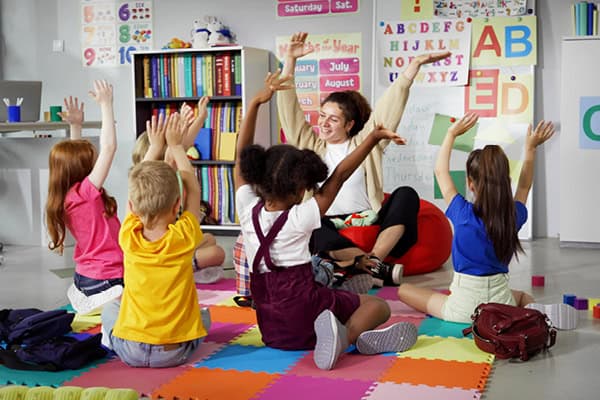Social-emotional learning (SEL) has become a hot button issue partly because many families aren’t sure what it entails, according to an article in K-12 Dive. Ask questions to help understand families’ unique concerns and address misinformation that shapes those concerns to help achieve buy-in from caregivers.
Three statements you might hear when talking to families about SEL:
“SEL only teaches kids about their feelings.”
Teaching kids about their feelings is part of SEL — and its proponents argue that the ability to understand and label feelings is vital. But SEL goes deeper. SEL includes skills related to relationship-building, self-management, responsible decision-making, time management, confidence and many other competencies that most would agree are critical.”
“SEL is only necessary for students who are exhibiting behavior difficulties.”
Everyone can benefit from these competencies, even adults. In addition, SEL skills shouldn’t be categorized as something that needs to be taught to certain kids in one specific way. Educators should weave SEL ideas through all lessons and model SEL skills themselves.
“A focus on SEL comes at the expense of academics.”
Many parents believe their kids go to school to learn math, science and history, and focusing on SEL means shortchanging those subjects. In fact, SEL skills can help students succeed in their core academic subjects. Learning how to manage time and set goals helps students complete homework assignments on time. Interpersonal skills help them work better in groups, which can translate to success outside of school in settings that require collaboration like on sports teams, in community groups and at work.
New research by the Yale School of Medicine shows that while SEL skills might be difficult to directly assess, they have a noticeably positive effect on things that aremeasurable. The report is one of the most comprehensive dives into SEL-related curriculum yet, evaluating 424 studies of SEL in K-12. It found that learning SEL skills can lead to improvements in academic performance, overall well-being and feelings of safety and security.
Among its most notable findings: Students who participated in SEL programs had better school attendance than those who did not.
Another interesting finding was that SEL programs are associated with a positive impact on mental health and can act as a protective factor for students.
Many critics of SEL in K-12 argue that these skills should be taught at home rather than at school. It’s important for educators to consider families as partners and build off that foundation to help strengthen social-emotional development.
Educators should address misconceptions about SEL through open communication with caregivers that emphasizes how SEL teaches life skills. Collaborate with families and offer opportunities for them to share feedback or concerns. Address it as an opportunity to highlight how SEL is integrated into achievement.
Schools should partner not only with families but also with community groups such as the local YMCA, sports programs and after-school clubs, embedding these skills throughout a child’s environment.
K-12 Dive






